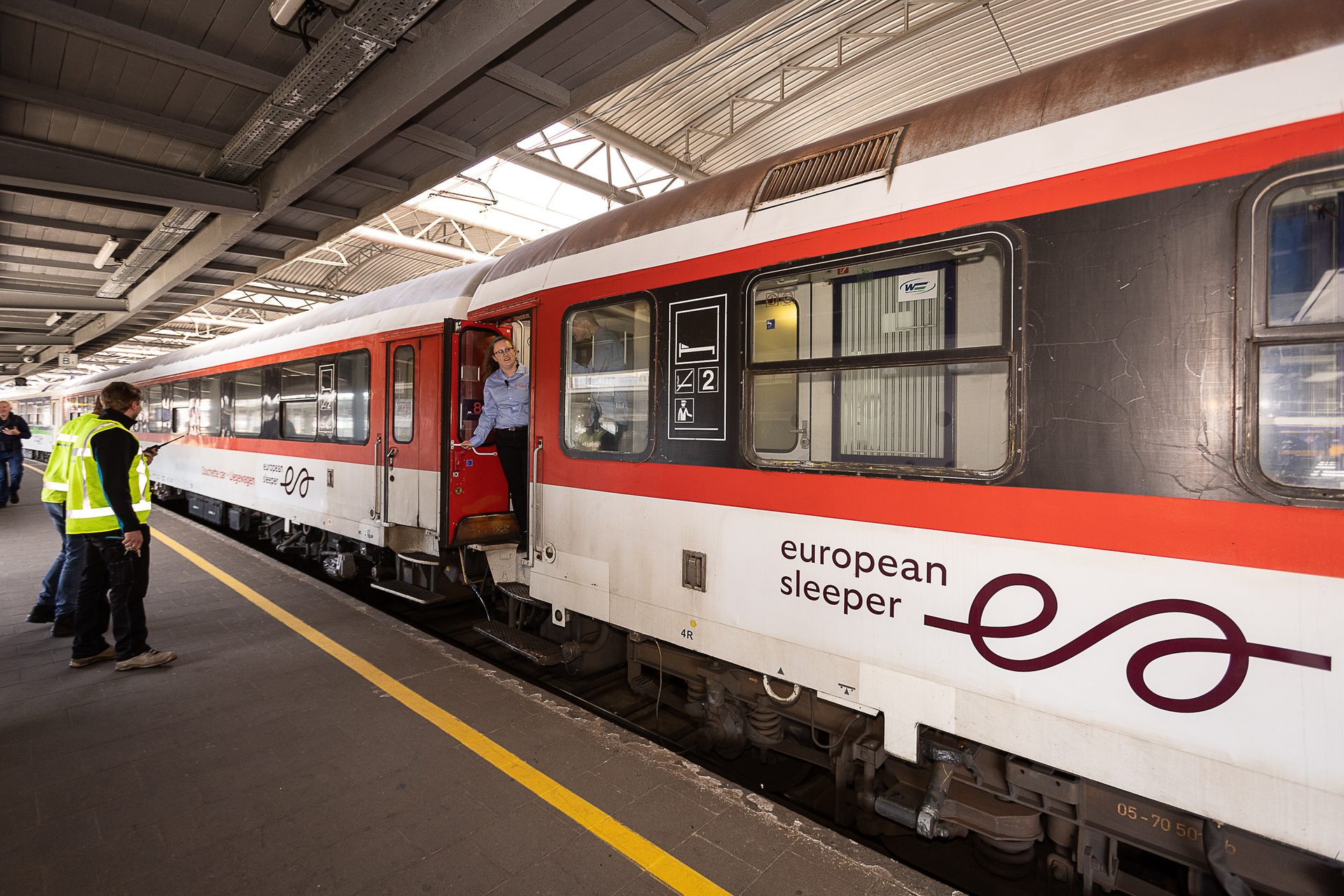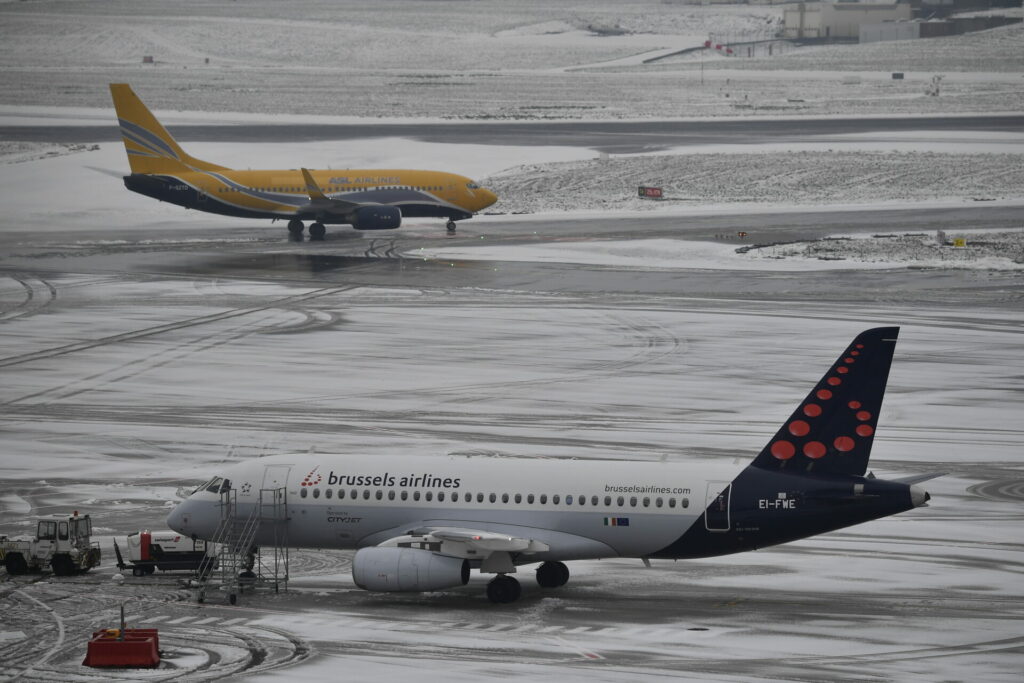Brussels is home to many foreign nationals, many of them planning to go home or travel during the holiday season. This will involve taking a plane – the more polluting option but often seen as being the cheaper option.
To put this prevailing assumption to the test, Greenpeace EU compared the cost of train and plane tickets between Brussels and other European cities on the busiest dates during the Christmas period (21, 23 and 28 December). The results paint a picture of a transport system that is still heavily skewed in favour of flying.
"On average, our analysis found that the price of a ticket to travel by train between Brussels and the 20 destinations was three times greater than making the same journey by plane," said Greenpeace EU transport campaigner Lorelei Limousin.
More expensive, and more difficult
On 11 of the routes, it was always cheaper to fly than to take the train. For instance, those who want to travel by train between Brussels and Madrid are always worse off. In this case, rail passengers would pay on average seven times more than a plane – the largest average price disparity. Madrid was also the most expensive destination to reach from Brussels by rail, with an average cost of €324.47.
The single biggest difference in price was found for a trip from Rome to Brussels on 21 December: a Ryanair flight cost €14.99, while the cheapest train ticket cost 16 times more (€249.50).
The cheapest train tickets were found on the route from Brussels to Vienna, with an average price of €65. However, Ryanair flights were still cheaper on two out of the three dates analysed. Only on two routes was the average price of a train ticket always cheaper than a flight: Munich and Zurich.
The cheaper rail options are often night trains, but only two destinations (Berlin and Vienna serviced by European Sleeper and ÖBB Nightjet) have direct night train connections from Brussels at present.

The European Sleeper night train that connects Brussels, Amsterdam and Berlin. Credit: Belga / James Arthur Gekiere
The analysis also highlighted various impracticalities. Firstly, only four of the destinations have a direct train connection from Brussels: Berlin, Vienna, London and Marseille (the last two are the only destinations with daily direct train connections). Meanwhile, all 20 had direct flights at least three days a week.
This also often makes the ticket system more complicated. For half of the routes that were analysed, it was not possible to buy just one ticket for the train. Passengers have to make two or even three separate bookings with different railway companies for the various sections of their trip.
Secondly, airline tickets for the winter season could be bought three months in advance, but most train tickets only became available for purchase one or two months before the date of travel.
Political choices create barriers
Travelling by rail reduces pollution per person per kilometre by an average of 80% compared to flying. But most passengers see the price difference and inconvenience as inhibitive. Greenpeace stresses that this has resulted in transport being the only sector in the EU where climate-damaging carbon emissions have increased compared to 1990.
Despite both the EU and Belgium taking some steps to curb pollution from flights, Limousin argues that the findings make clear the need for robust government and EU action to make train the simpler and more affordable option.
Related News
- Brussels Airport to offer direct flights to Cyprus from February
- Extra night trains from Brussels to Vienna and Berlin from this weekend
"With the exception of a sleigh being pulled by reindeer, the train is the climate-friendliest way to travel long distances in Europe," she said. "Airline tax breaks and the cost and hassle of booking an international train journey are political choices which benefit the airline industry and contribute to climate breakdown."
Greenpeace called on authorities to urgently prioritise rail over planes by scrapping tax exemptions for aviation and removing VAT on train tickets, in order to level the playing field. They also call to expand and improve railway connections across Europe, streamline train ticket booking systems, finance accessible climate tickets for all European residents, and bolster green transportation infrastructure to enable seamless cross-border rail travel.

